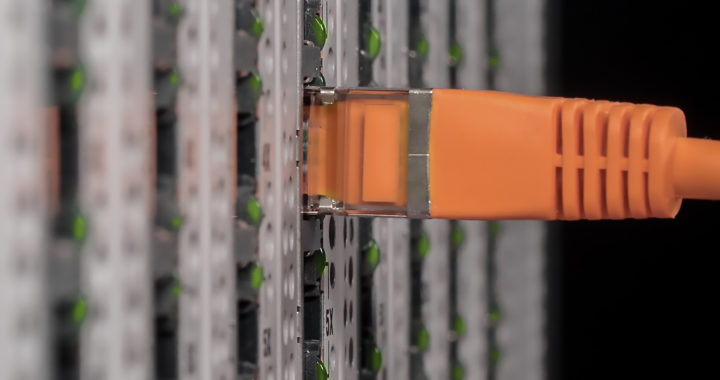A proxy server is a particular server application that acts as an intermediary between a client that requests a resource and the server that provides that resource. Think of it as a middleman that sits between a computer or a particular application and a server. It allows a user to have more control over his or her connection to a particular server. This article lists and describes the pros and cons or advantages and disadvantages of a proxy server.
Pros: Advantages of a Proxy Server and Notable Applications
The general principle behind all proxy servers is simple. To be specific, instead of establishing a direction to a particular server to request a resource such as a web page or a file, the client directs this request to a proxy server, which then assesses the requests and performs all relevant network transactions. There are several benefits to this. The following are the main applications and more specific advantages of using a proxy server:
1. Monitoring and Controlling Traffic
Several proxy server applications such as content-control software programs and proxy clients provide features that can help track and filter traffic and network activities between computers and servers in one or both directions. This aids in securing network connections through active monitoring and in filtering or restricting websites, content, or online services.
2. Circumventing Restrictions and Filters
There are also applications such as Proxifier, Wingate, and Proximax that allow clients such as computers or applications to work through proxies despite geographic restrictions or security measures in place. These applications are also one of the most effective means to circumvent or deal with government censorships or access resources limited to geographic areas.
3. Improves Privacy and Promotes Security
Another one of the main uses and advantages of proxy servers is that they protect the identities and online or network activities of users. These applications hide IP addresses for anonymous web browsing. Furthermore, because of their built-in monitoring and logging features, they are also used for detecting potential security threats and filtering network traffic.
4. Enhances Connection and Performance
Some proxy servers also work as caching servers to accelerate network requests. These work by caching or storing local copies of data from frequently accessed content or requested resources and delivering them to the requesting client. Some are also lighter in weight than virtual private networks or VPNs and do not consume a substantial amount of system resources.
Cons: Disadvantages of a Proxy Server and Key Limitations
It is important to underscore the fact that not all proxy servers are created equal and provide the same level of performance. Some are slow and reliable. The level of security measures can also be different. Some are services malicious. There are use cases that are considered unethical and illegal depending on the jurisdiction. It is critical to choose a reputable provider. Below are the limitations and disadvantages of using a proxy server:
1. Challenges in Choosing Suitable Providers
Remember that there are different providers of proxy servers. Some are free while others require a license. The ones that are free do not guarantee better security and performance reliability. It is also worth mentioning that there are different types or classes of proxy servers with different sets of features and functionalities that are focused on one domain or particular use cases.
2. Potential Privacy and Security Concerns
All services mask the IP address of their respective users but some can record network activities and personal information. This is true for a lot of free services. It is also worth noting that not all services encrypt traffic that comes from the users and sends to the servers. This makes sent data susceptible to interception. A service can also be used to send malicious software.
3. Notable and Possible Performance Issues
Another disadvantage of a proxy server is that it can introduce network bottlenecks if it is located in a location far from the client and server or overloaded. This can be apparent in activities such as real-time gaming or online streaming. Some software programs or operating systems might not work with the server application due to incompatible protocols or architectures.
4. Problem With a Single Point of Failure
It is also worth mentioning that using a middleman or intermediary between a client or computer and a server means adding another participant to the entire network connection. A proxy server that goes down would result in the client losing connection to the network. This creates a single point of failure and this can negatively affect network-critical operations or activities.
Summary: Advantages and Disadvantages of a Proxy Server
Using a proxy server provides users with several benefits. These include protecting user and data privacy, aiding security protocols in place, allowing better control over traffic, and enhancing the performance of network connections. However, because of the fact that not all proxy servers are created the same or work the same, it is important for potential users to review their options and take into consideration their requirements and intended use cases. It is best to choose a provider with a good reputation, a clear privacy policy, and excellent customer service.
